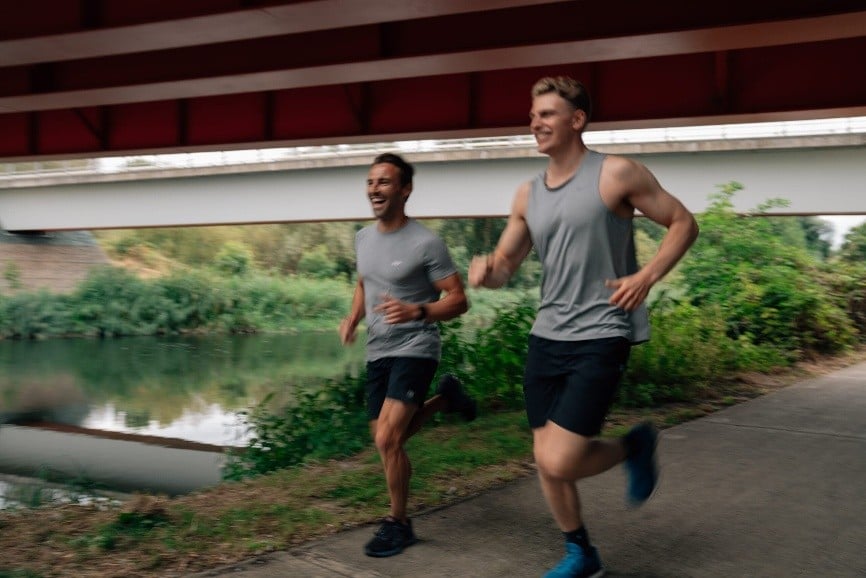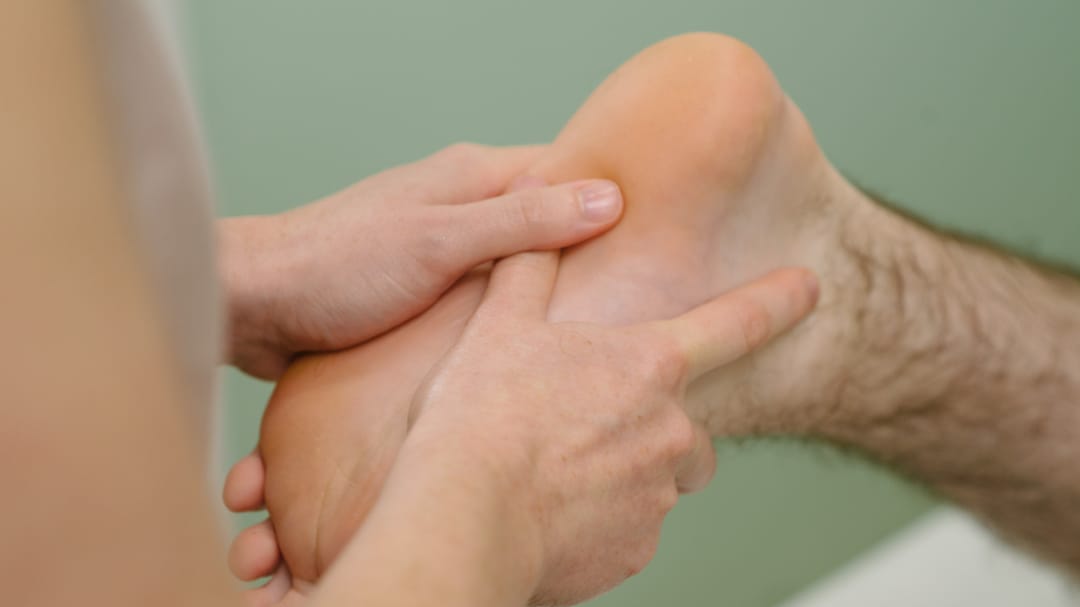Research: Force Decks & Post ACLR Outcomes

Pure Sports Medicine
- 25 January, 2023
- knee pain
- Podiatry
- 2 min read
Research: Force Decks & Post ACLR Outcomes
In this research discussion, we are presenting a different point for consideration, with a focus on what has been developed within our clinics in the last 12-18 months regarding Strength & Conditioning, specifically the use of Force Decks, and its usefulness regarding returning to sport following ACLR reconstruction.
What has been done to date?
Our most recent in-house study, (read attachment below: ‘Variables associated with successful outcome after anterior cruciate ligament reconstruction in recreational athletes’) evaluated the outcomes of people post ACLR.
Within this study we explored variables (strength, PROMs, hop tests) which were predictive of a successful outcome at 9 months. The conclusions were that PROMS where some of the strongest predictors of outcome, but also that a number of people failed to reach the ‘success’ [≥9 on their PSFS] cut off at 9 months (which you could argue is predictable at this time point).
Last year two of Dr Simon Lack’s QMUL students completed a reliability study in the Bank clinic on 19 individuals without pain, looking at various tests on the force decks and hops tests (read attachment below: ‘Research Project’).
You will see from this study write up that a collection of tests and different outcome measurements are reliable.
What is coming up next?
We are going to take this reliable test battery forwards to evaluate the measurements of people who have had ACLR at any time point ≥1 year post surgery. Dr Simon Lack will be writing up the proposal as a bid for funding from BASEM to support the study.
What is the aim?
To understand, within a recreationally active population, what residual deficits are evident post ACLR.
Why are we doing this?
It is our belief that the better we understand what these deficits are, the better we can manage these individuals in the medium/longer term.
Would you like to get involved in this discussion? To do so, complete the form below for the attention of Dr Simon Lack.

Advice
Over the last 20+ years our experts have helped more than 100,000 patients, but we don’t stop there. We also like to share our knowledge and insight to help people lead healthier lives, and here you will find our extensive library of advice on a variety of topics to help you do the same.
OUR ADVICE HUBS See all Advice Hubs

